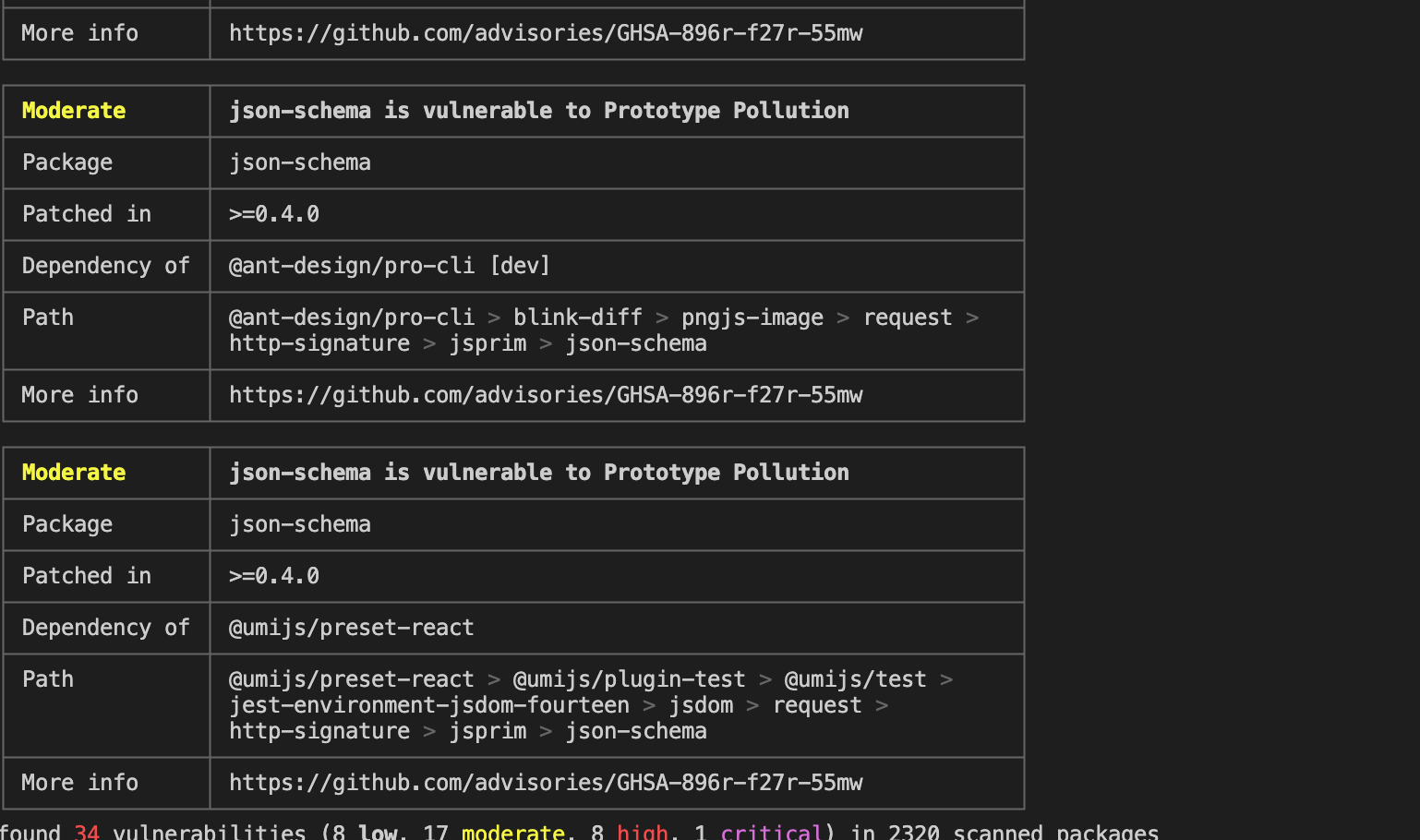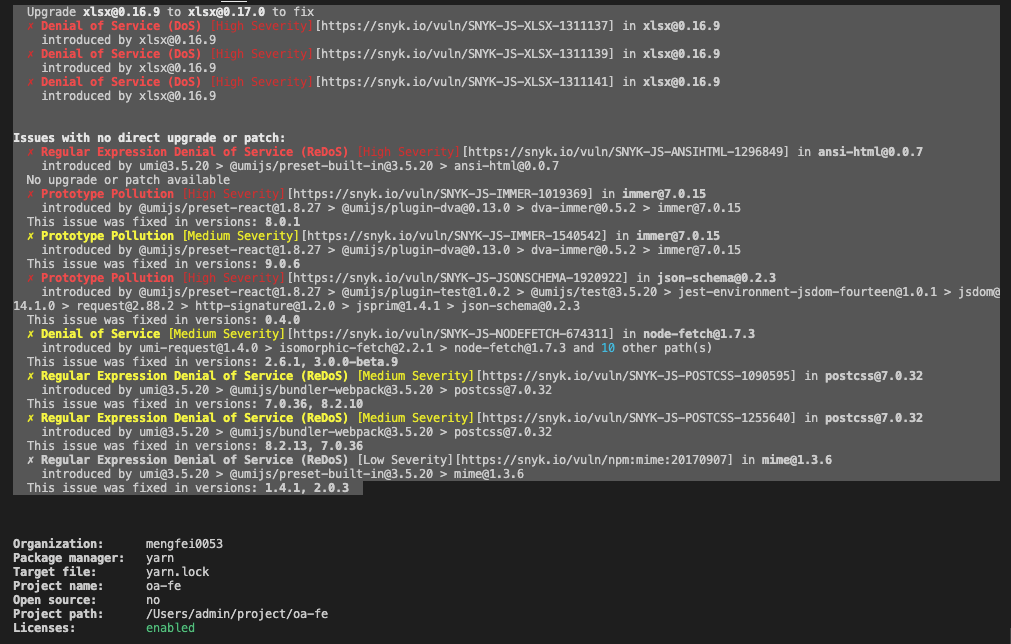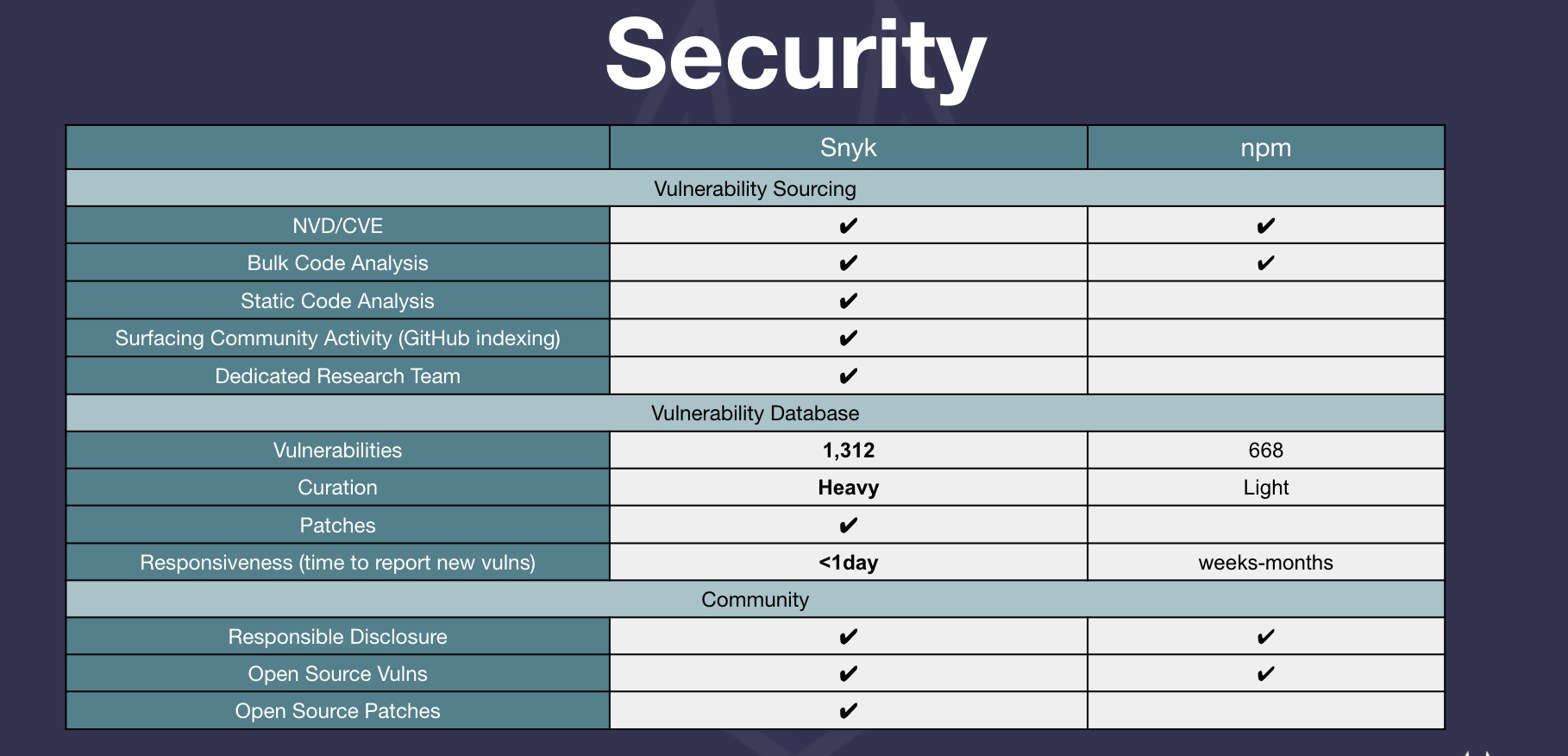https://github.com/nodesource/distributions
常用
Debian and Ubuntu based distributions
# Using Ubuntu
curl -fsSL https://deb.nodesource.com/setup_14.x | sudo -E bash -
sudo apt-get install -y nodejs
# Using Debian, as root
curl -fsSL https://deb.nodesource.com/setup_14.x | bash -
apt-get install -y nodejs
Enterprise Linux based distributions
Run on RHEL, CentOS, CloudLinux, Amazon Linux or Fedora:
# As root
curl -fsSL https://rpm.nodesource.com/setup_14.x | bash -
# No root privileges
curl -fsSL https://rpm.nodesource.com/setup_14.x | sudo bash -


